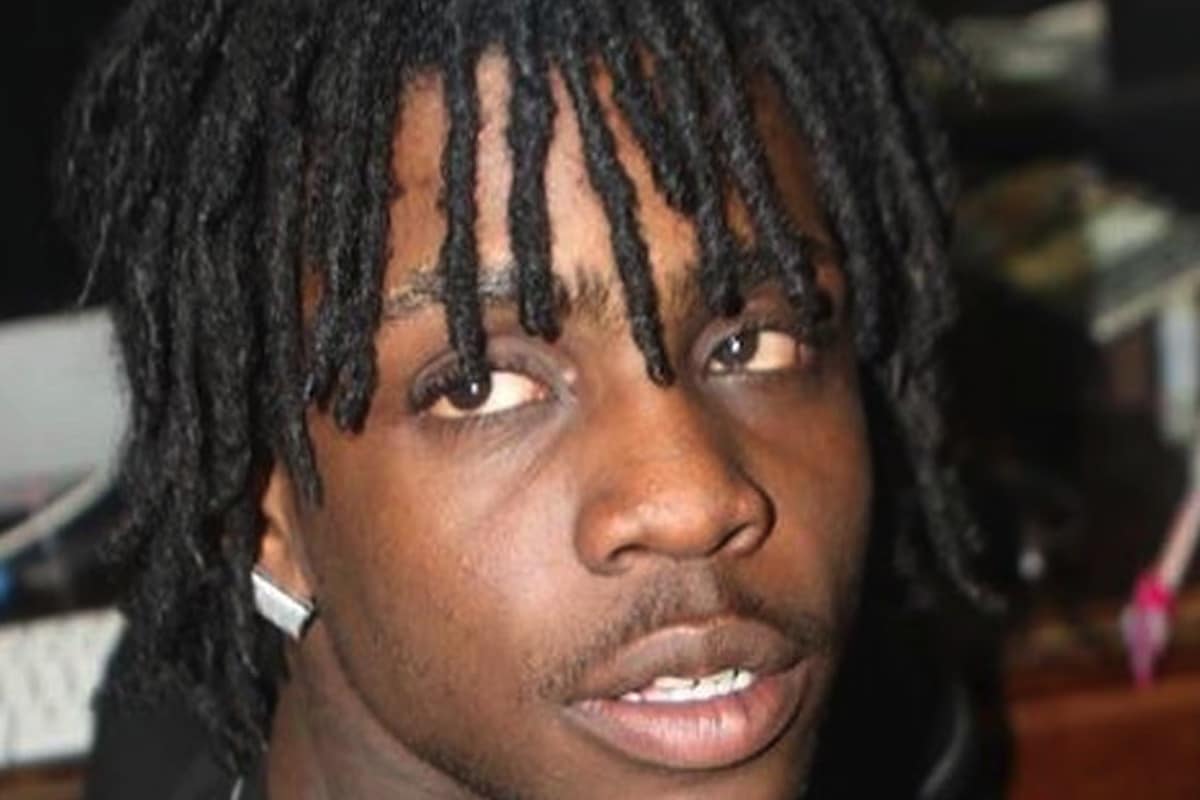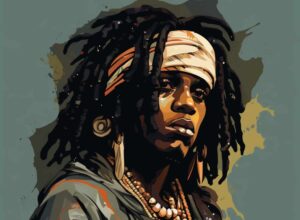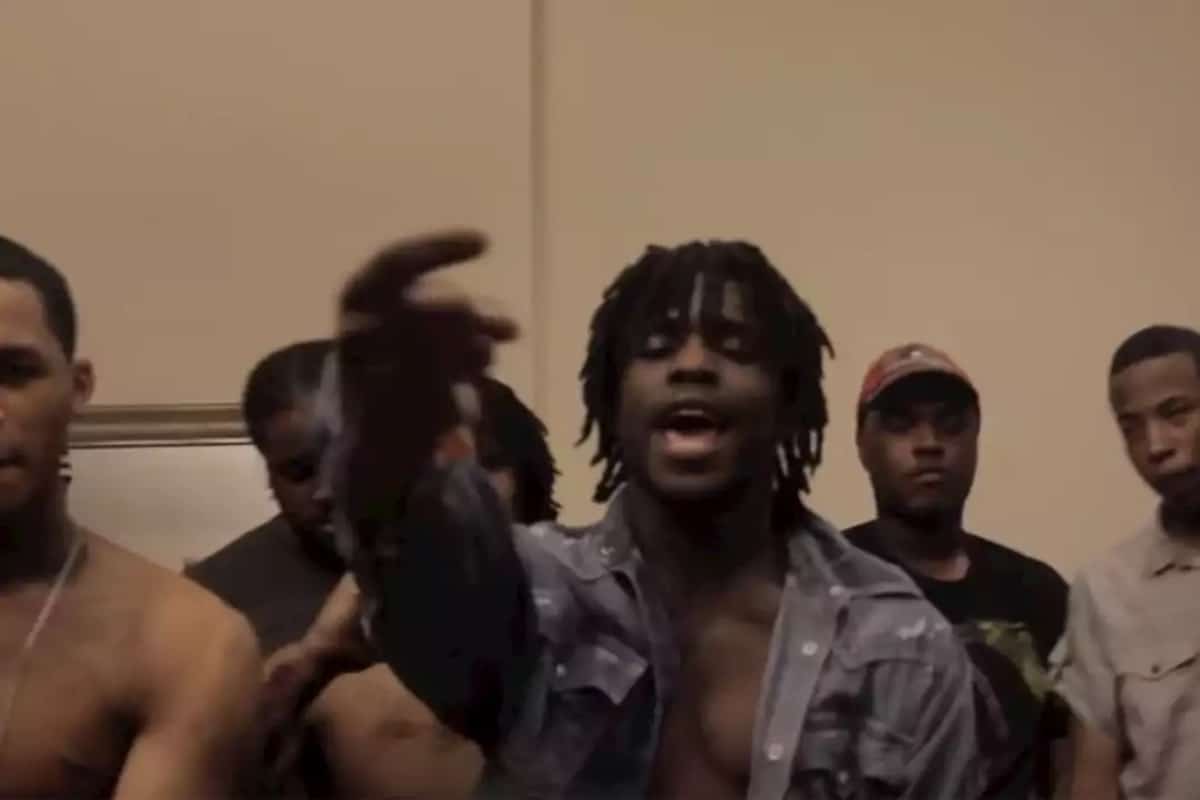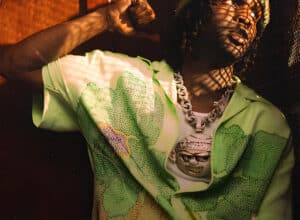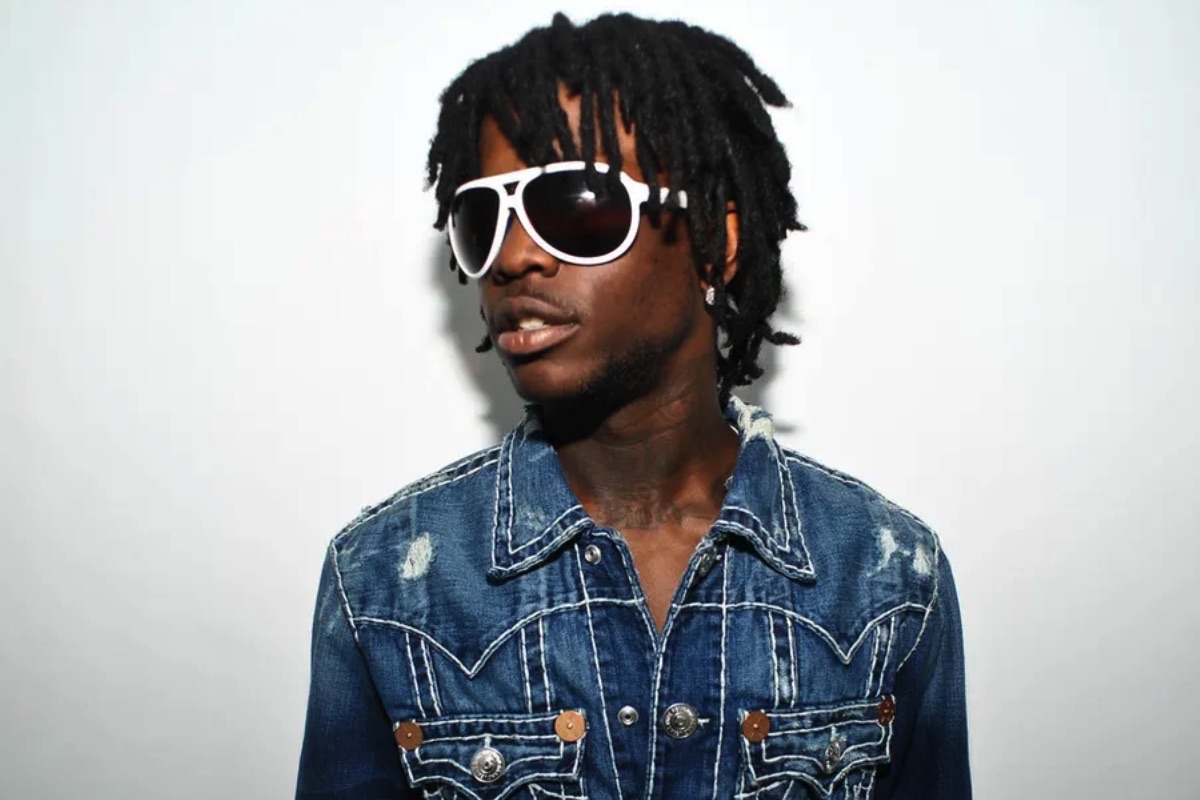Keith Farrelle Cozart, famously known as Chief Keef, emerged from the gritty streets of Chicago’s South Side to etch his name into the depths of hip hop history. His early life was steeped in the kind of hardship that shapes both character and creativity, leading him to find solace and expression in rap. Keef’s journey from a troubled youth to a pioneering force in the drill music scene is a testament to the transformative power of music and the resilience of the human spirit.
Chief Keef’s meteoric rise to fame was no fairy tale; it was a saga of raw talent clashing with the harsh realities of street life. The early 2010s saw him capturing the essence of Chicago’s South Side with his mixtapes, painting vivid pictures of his environment with gritty lyrics and a flow that was both unique and haunting. “I Don’t Like” wasn’t just a local hit; it was a declaration, a rallying cry that resonated with many, catapulting Keef into the national spotlight with a remix by none other than Kanye West.
This was more than music; it was a movement. Drill music, with Keef at its forefront, wasn’t just about beats and rhymes; it was the voice of a generation, a sonic exploration of life on the streets, marked by a raw authenticity that was both compelling and controversial. Keef’s deal with Interscope Records and the release of “Finally Rich” were just the beginning. As a progenitor of drill, he influenced not just a genre but a culture, inspiring artists across the spectrum of hip hop.
However, Keef’s narrative was not without its trials. His legal troubles and confrontations with Chicago authorities underscored the complex interplay between his music and the life it mirrored. Despite this, Keef’s relentless creativity saw him venturing into new territories, self-releasing music that continued to push boundaries and defy expectations.
Beyond the music, Chief Keef’s influence extended into the business realm with the establishment of Glo Gang, his label that became a platform for like-minded artists. Yet, it was his role as a father and a figure within his community that perhaps most vividly illustrated his multifaceted persona. Despite controversies, Keef’s attempts to engage with social issues, including organizing a benefit concert for victims of violence in Chicago, highlighted a depth often overshadowed by his public persona.
Chief Keef’s journey is emblematic of the complex narratives that define the hip hop genre. From his early days in Chicago to his influence on the evolution of drill and beyond, Keef’s story is one of resilience, innovation, and the unyielding power of music to reflect and shape the world. His legacy, marked by both brilliance and controversy, serves as a poignant reminder of hip hop’s ability to give voice to the voiceless, to challenge, and to change. In the end, Chief Keef’s impact on music and culture remains indelible, a testament to a talent that refused to be silenced by adversity.
Would you like to learn more? Dive deeper into the depths of Chief Keef in our featured articles below.
